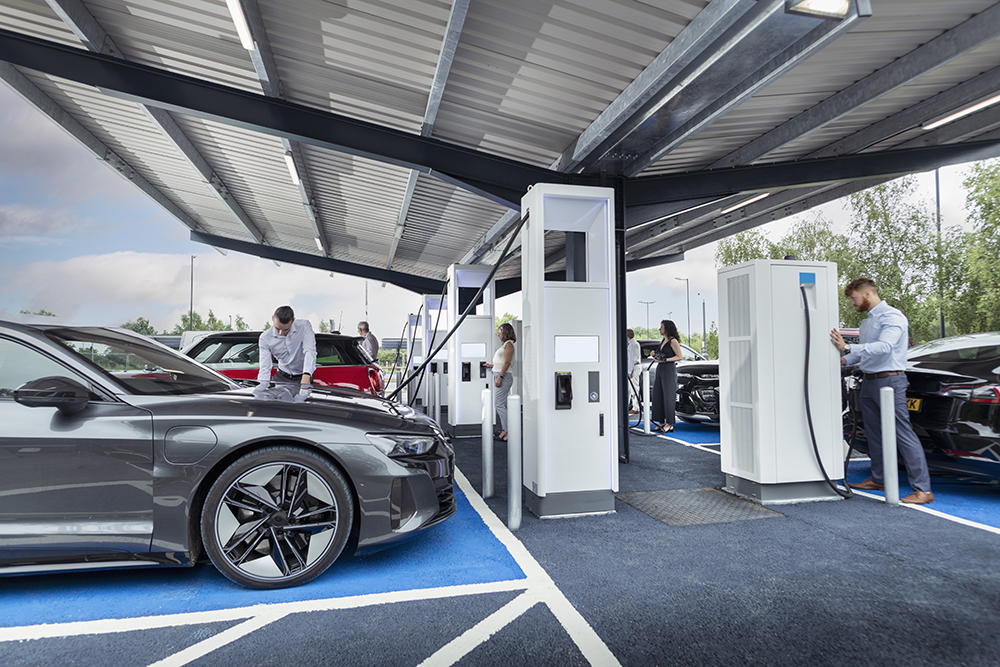European Union Climate Commissioner Connie Hedegaard has come out in strong support of a pending plan to deploy 795,000 charging points in the EU by 2020, the Copenhagen Post reported. The proposal must be approved by the European Parliament and all 27 member states before it goes into effect.
“We can finally end the discussion about the chicken and the egg when it comes to whether the infrastructure needs to be present before the electric car market explodes,” Hedegaard wrote on the European Commission web site. “It has to make sense to buy an electric car and it doesn’t if you can’t even drive halfway across the country without running out of charge.”
Plug-in vehicles have been catching on more slowly in Europe than in the US, which some find surprising, given the conventional wisdom that gas prices are higher, and consumers greener, on the other side of the pond. Popular plug-ins from GM and Nissan only hit the European market in 2012. Of the European automakers, only Renault (which has a partnership with Nissan) and Daimler (maker of the smart fortwo EV), have shown any serious interest in producing EVs.
Europe had two competing standards for charging plugs until January, when the European Commission declared the Mennekes Type 2 connector to be the new standard. European governments’ EV policies are a patchwork, with some countries (UK, France) offering generous incentives, and others (Germany, Switzerland) offering few or none. Most initiatives have focused on the cars rather than the infrastructure.
Ms Hedegaard’s home country, Denmark, is further along the electrification route than most, but it still has only 280 charging points. The country has a plan to create strategic partnerships with private companies – the goal is to have 5,000 charging stations in place by the end of 2013 and 200,000 by 2020.
“I hope the partnerships will get the ball rolling. We have made funds available, but if we are going to get anywhere we also need the private sector to contribute to developing the infrastructure and vehicles,” said Climate Minister Martin Lidegaard.
The Vice President of the European Commission, Siim Kallas, is also looking towards the electrified future. “Developing innovative and alternative fuels is an obvious way to make Europe’s economy more resource efficient, reduce our overdependence on oil and develop a transport industry which is ready to respond to the demands of the 21st century,” said Kallas. “Between them, China and the US plan to have more than six million electric vehicles on the road by 2020. This is a major opportunity for Europe to establish a strong position in a fast-growing global market.”
Image: justusbluemer
Source: The Copenhagen Post via AutoBlogGreen










































































































